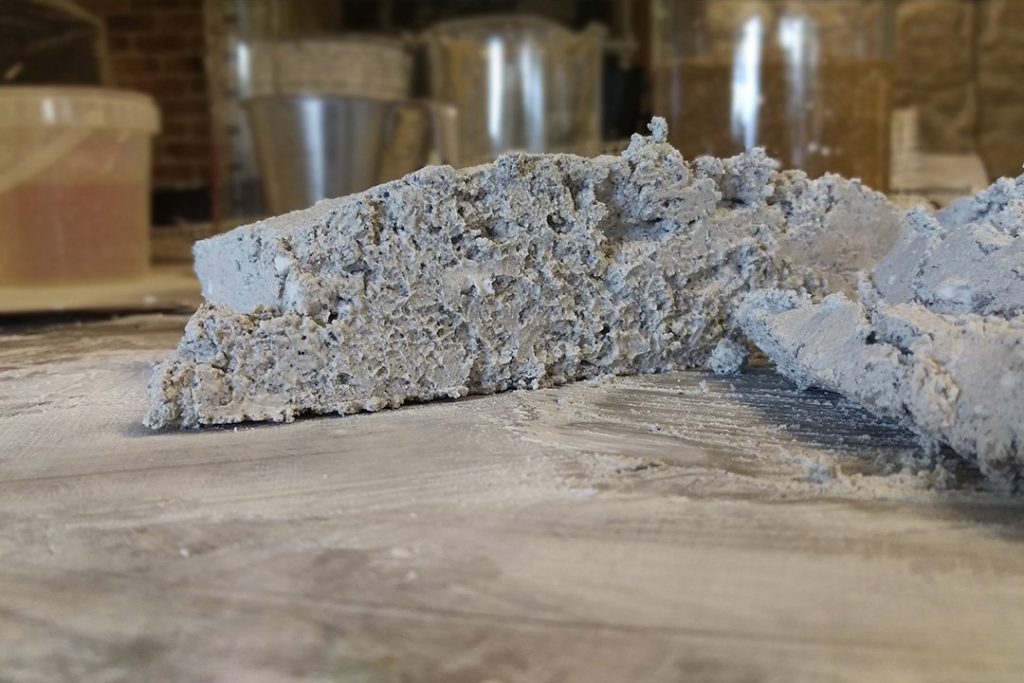Lime or Dolomite: Which is the Better Choice for Your Agriculture Needs?

As a farmer or gardener, you may have heard of lime and dolomite as soil amendments. Both are commonly used to adjust soil pH levels and provide essential nutrients to plants. However, which one is the better choice for your agriculture needs? Let's take a closer look.
Lime, also known as calcium carbonate, is a common soil amendment that raises the pH level of acidic soil. It is made from crushed limestone and is available in different forms, including pulverized, pelletized, and hydrated lime. Lime is an excellent source of calcium, which is essential for plant growth and development. It also helps to improve soil structure, increase water retention, and reduce soil erosion.
On the other hand, dolomite is a type of limestone that contains both calcium and magnesium. It is also used to raise soil pH levels and provide essential nutrients to plants. Dolomite is available in powder or pellet form and is often used in conjunction with other soil amendments. It is an excellent source of magnesium, which is essential for chlorophyll production and photosynthesis. Dolomite also helps to improve soil structure, increase water retention, and reduce soil erosion.
So, which one is the better choice for your agriculture needs? It depends on your soil type and the specific nutrient requirements of your plants. If your soil is acidic and lacks calcium, then lime is the better choice. However, if your soil is deficient in magnesium, then dolomite is the better choice. It is also important to note that dolomite should not be used on soils with high levels of magnesium, as it can lead to nutrient imbalances.
In conclusion, both lime and dolomite are excellent soil amendments that provide essential nutrients to plants and improve soil structure. The choice between the two depends on your soil type and the specific nutrient requirements of your plants. It is always best to consult with a soil expert or agricultural extension agent before making any amendments to your soil.